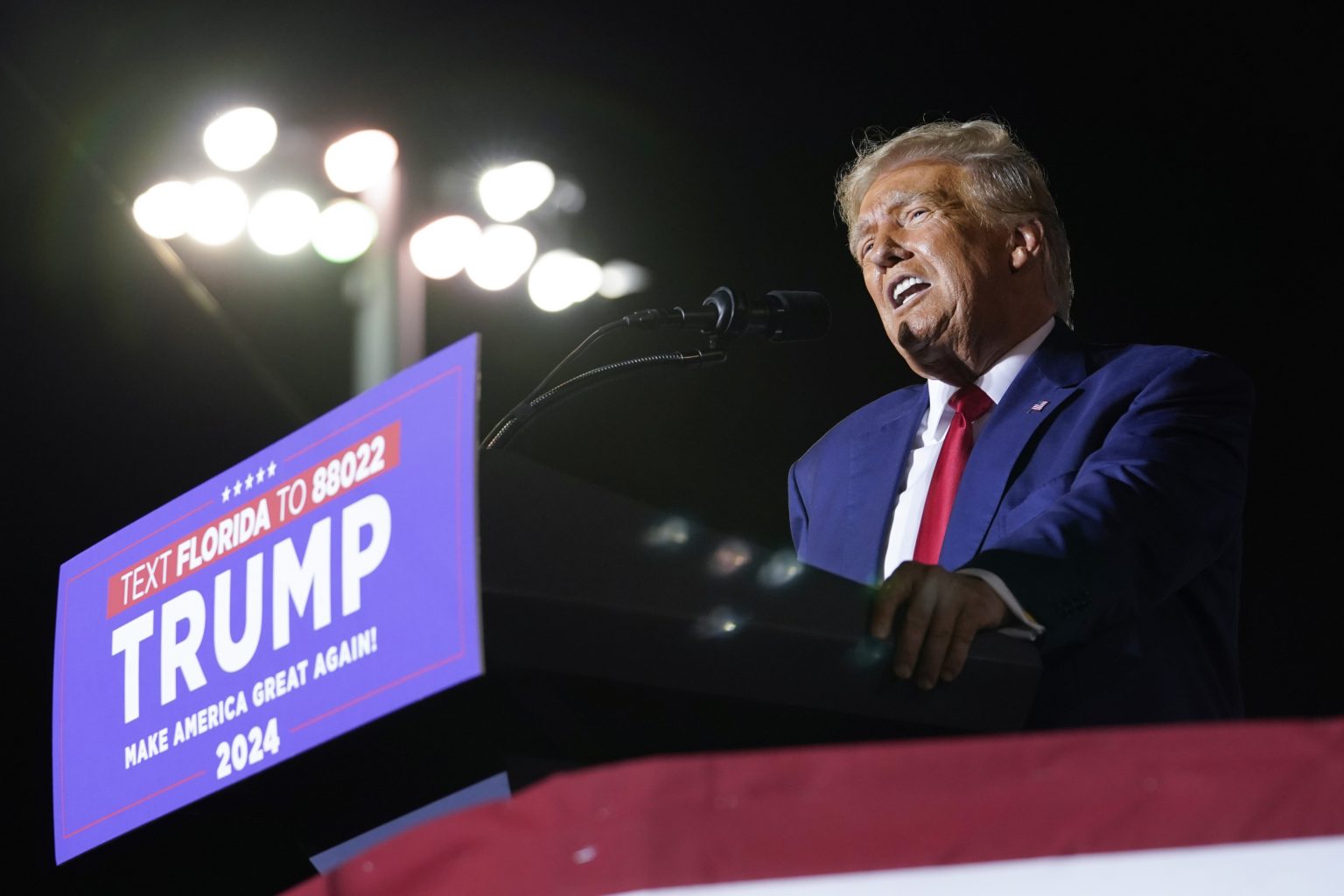Donald Trump’s impending second inauguration has garnered attention not only for the political implications but also for the financial aspects, particularly the inaugural fund and its contributors. This fund, designed to cover the costs associated with the inauguration ceremony and related events, has become a focal point due to the involvement of prominent tech figures and companies. Amazon, Meta, and OpenAI CEO Sam Altman have each reportedly pledged significant donations, fueling discussions about the influence of big tech on the political landscape and raising questions about transparency and potential conflicts of interest. The controversy surrounding the funding is further amplified by Trump’s decision to bypass the Presidential Transition Enhancement Act, a law he himself signed, which outlines ethical guidelines and disclosure requirements for transition funding.
The Presidential Transition Enhancement Act, enacted in 2020, seeks to establish a framework for a smooth and ethical transition of power between administrations. It mandates the creation of an ethics plan, disclosure of potential conflicts of interest, and adherence to a strict code of conduct. Crucially, the act also stipulates a cap on individual donations to the transition fund and requires public disclosure of donor identities. Trump’s refusal to comply with this law has allowed his team to circumvent these regulations, including the limits on donation amounts and the transparency requirements, raising concerns about potential undue influence and lack of accountability. This decision also forgoes the allocated $7.2 million in federal funding for the transition process.
The donations from Amazon, Meta, and Sam Altman, while substantial, are shrouded in a degree of secrecy. The exact amounts, though reported in the media, haven’t been officially confirmed by the Trump campaign. This lack of transparency echoes the broader concerns about the undisclosed donor list for the inaugural fund, a practice that contrasts sharply with the spirit of the Presidential Transition Enhancement Act. The act’s emphasis on transparency aims to prevent potential conflicts of interest and ensure public accountability, principles that appear to have been sidelined in Trump’s transition process. The secrecy surrounding the donations raises questions about the motives behind these contributions and the potential for quid pro quo arrangements.
The implications of these large donations from tech giants are significant and multifaceted. Critics argue that such contributions could grant these companies undue influence over the incoming administration’s policies, particularly those related to technology and regulation. This concern is amplified by the lack of transparency surrounding the donations, which hinders public scrutiny and accountability. Furthermore, the donations raise questions about the ethical implications of large corporations funding political transitions, particularly given the potential for conflicts of interest and the erosion of public trust. The situation underscores the ongoing debate about the role of money in politics and the need for greater transparency and regulation to ensure a fair and democratic process.
Senator Elizabeth Warren, a co-author of the Presidential Transition Enhancement Act, has been particularly vocal in her criticism of Trump’s reliance on private donors, characterizing it as a means for well-connected individuals to profit under the guise of saving taxpayer money. This critique highlights the inherent tension between private funding and public accountability in the political process. While the Trump campaign claims to be saving taxpayer money by refusing federal funds, the lack of transparency surrounding private donations raises concerns about the potential for misuse and the prioritization of private interests over public good.
The inauguration ceremony, scheduled for January 20, 2025, will mark the official beginning of Trump’s second term. The event, traditionally planned by the Joint Congressional Committee on Inaugural Ceremonies (JCCIC), will follow established protocols, including the swearing-in of the president and vice-president. However, the backdrop of the controversy surrounding the inaugural fund and the involvement of tech giants casts a shadow over the proceedings. The questions about transparency, ethical considerations, and potential conflicts of interest raised by these donations are likely to persist beyond the inauguration, shaping the discourse surrounding the Trump administration’s relationship with the tech industry and the broader debate about the influence of money in politics.

